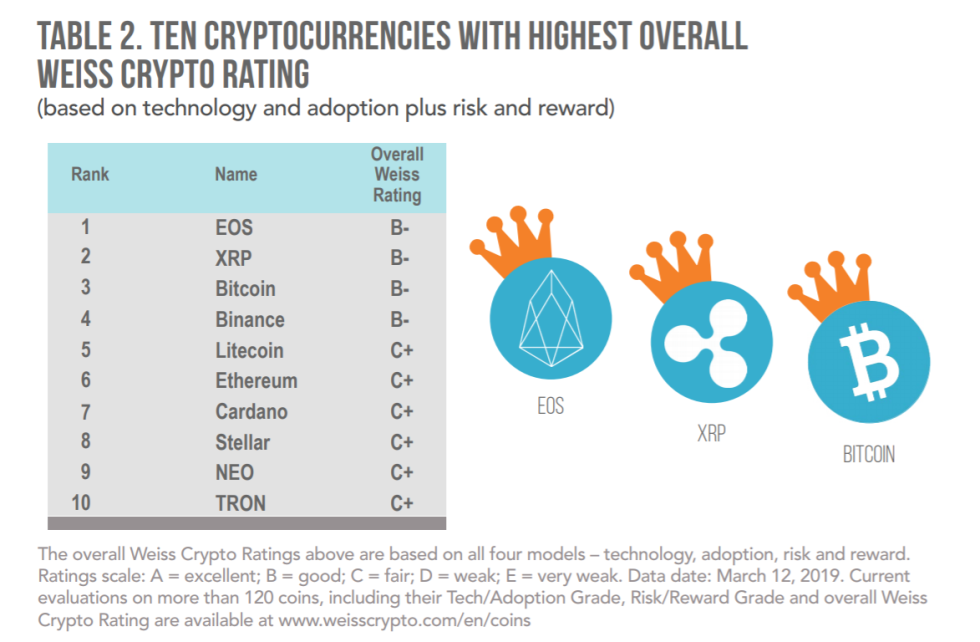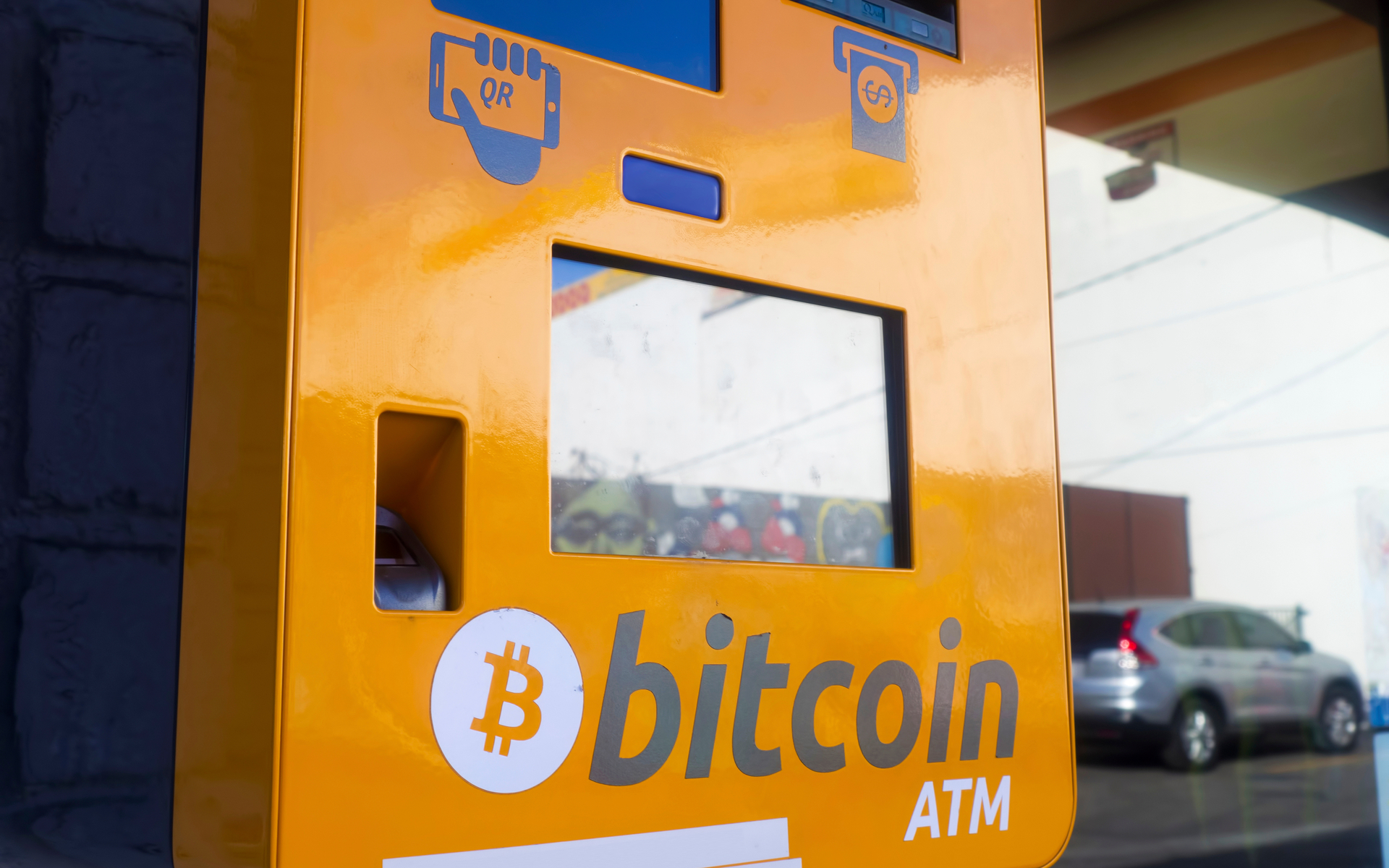
Developer and researcher Felix Weis successfully executed, as a proof-of-concept, the world’s first ATM Bitcoin transaction on the Lightning Network.
World’s First Lightning-enabled Bitcoin ATM ‘Worked Fine’
On March 31, 2019, Weis publicly demonstrated a transaction via Lightning Network at a bitcoin ATM, during the Lightning Hackday, in Hong Kong, as shown in the video below.
Rockstar @FelixWeis buying bitcoin via Lightning at an ATM. #LightningHackdayHK at @bitworkasia pic.twitter.com/VmsK2GSaB2
— Bitcoin Association 香港比特幣協會 (@bitcoinorghk) March 31, 2019
Later, Weis described the transaction as:
Just a proof of concept ‘top up your existing channel.’ Lots of bugs but two different mobile wallets worked fine.
Bitcoin Lightning Network Capacity Rises Over 1,000 BTC
The crypto industry is becoming increasingly enthusiastic about the Lightning Network because it offers to drastically lower BTC’s transaction fees while making it possible to execute near-instant transactions.
Moreover, the demonstration of making ATM Bitcoin payments over the Lightning Network comes when Weiss Crypto Ratings has just upgraded Bitcoin from a “C-” to a “B-” (good) because its technology had dramatically improved.
Weiss highlighted these conclusions in a comprehensive report on the crypto market entitled “Dark Shadows with a Bright Future, ” published in March 2019.

Specifically, the Weiss evaluation considered four factors: adoption rate, technology, risk, and reward. And, it highlighted the effect of the advent of the Lightning Network in the upgrade, as follows,
Bitcoin has been upgraded with the roll-out of its Lightning Network and is the best positioned to become a popular store of value for savers and investors.
The Lightning Network is a decentralized system where participants can implement trustless micropayment channels to perform one or multiple payment transactions off-blockchain.
These channels reside off the Bitcoin blockchain. Transactions occur between these channels. Upon completion, transactions are transmitted, as a single transaction, to the blockchain. Then, the payment channel is closed, and transactions are transcribed onto the blockchain.
Therefore, regardless of the number of transactions performed, the BTC blockchain is accessed twice, at the opening of the channel and the closing of the channel.
The implementation of Lightning Network nodes continues to gain momentum. As of this writing, according to 1ML, a Lightning Network monitoring website, the network now boasts 7,744 nodes and 39,129 channels. And the network capacity reaches over 1,059 BTC.
Will Bitcoin ATMs use Lightning Network to cut costs in the future? Let us know in the comments below!
Images courtesy of via Twitter/@bitcoinorghk, Weiss Crypto Ratings, Shutterstock


















